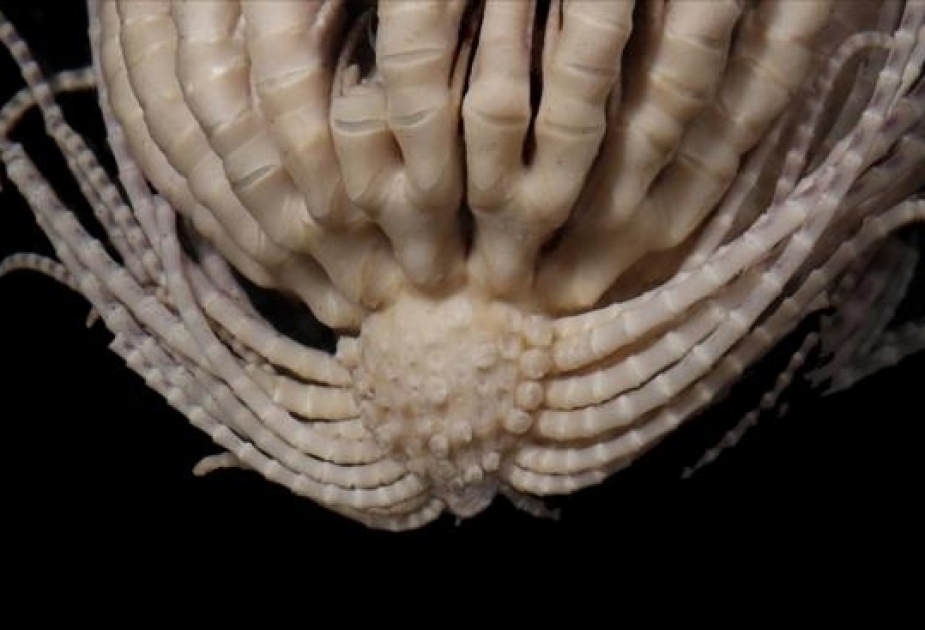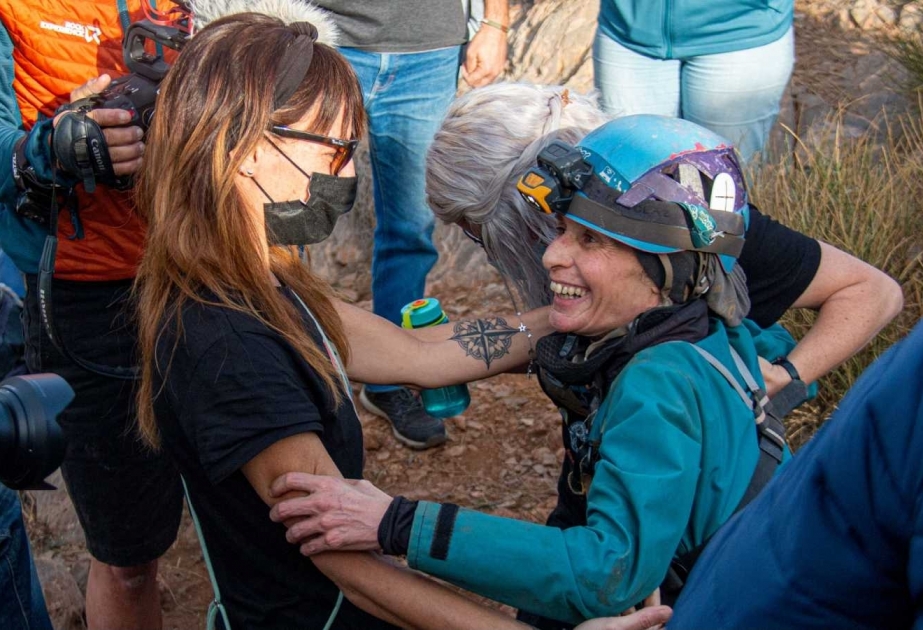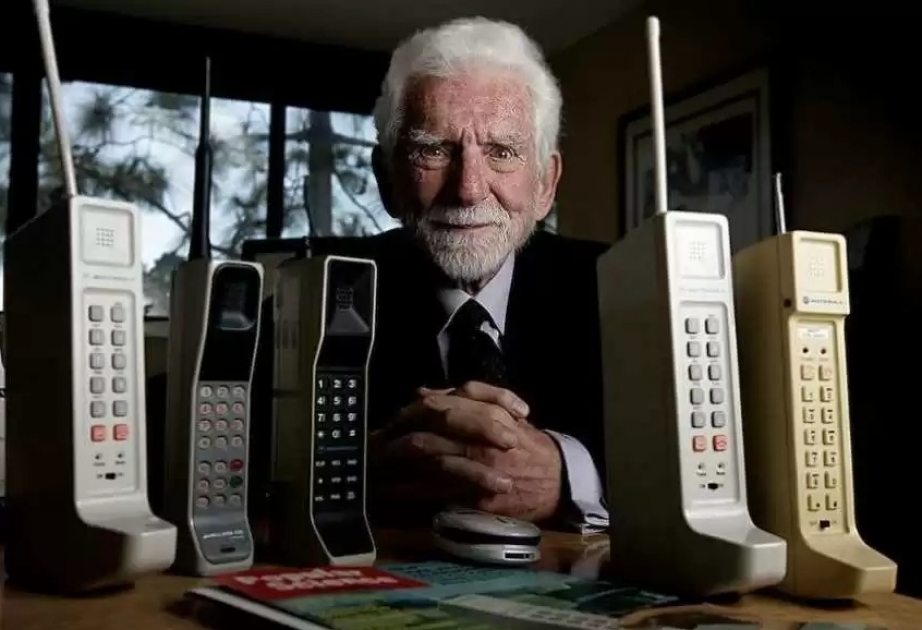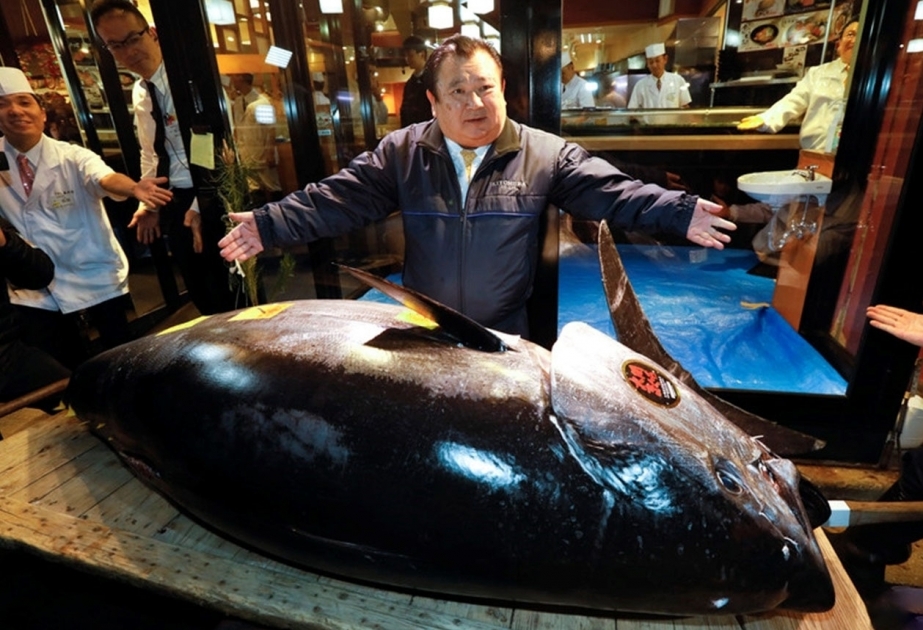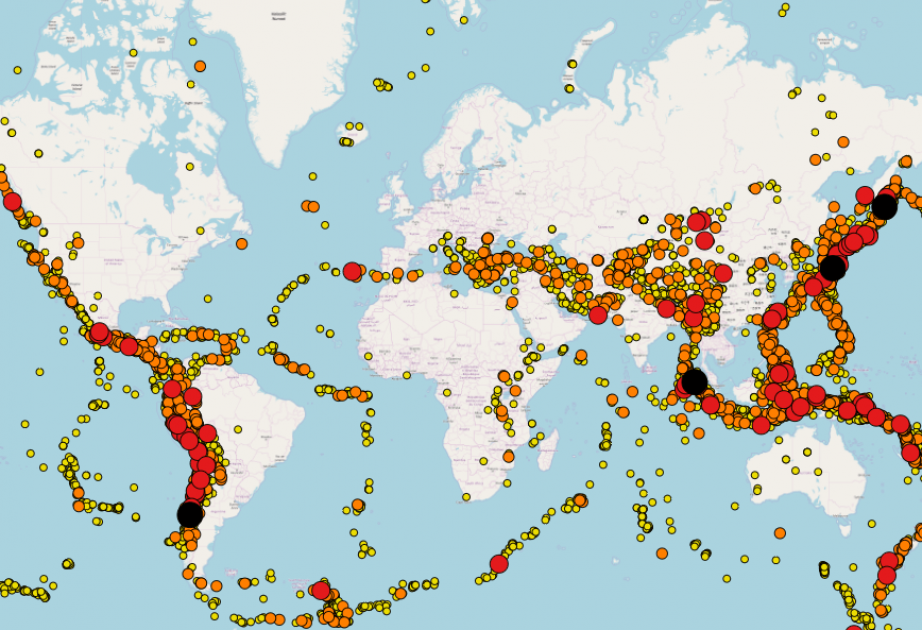WORLD
Life on Mars closer than ever for man claims scientist creating artificial life that feeds off carbon dioxide
Baku, August 28 (AZERTAC). A mission to Mars may seem like a distant dream to cash-strapped Nasa, but a controversial scientist says we are on the verge of a breakthrough that would enable humans to settle there.
U.S. scientist Craig Venter stunned the scientific community last year when he revealed that he had created the world`s first synthetic organism.
Now his team are working on engineering the cells to grow by consuming carbon dioxide - and he thinks we can harness this to set up camp on the Red Planet.
Home away from home? Craig Venter believes it could be
Engineered organisms would have huge implications for Earth, where it could potentially be used to stem climate change and help feed a population that will soon top seven billion.
`Obviously, food and fuel production are at the top of our list and society`s list,` Dr Venter told an audience at the TEDxNASA@SiliconValley event last week in San Francisco.
He said the technology could also be used to build a new civilisation on Mars, as its thin atmosphere is 95 per cent carbon dioxide, according to Space.com.
`These kinds of processes will allow us to make almost anything needed there from that carbon dioxide environment,` Dr Venter said.
The maverick biologist and billionaire entrepreneur, who made his money founding profitable research companies, created the lifeform by synthesising a DNA code and injecting it into a single bacteria cell.
The cell containing the man-made DNA then grew and divided, creating a hitherto unseen lifeform that was nicknamed `Synthia.`
While some hailed the research as `a defining moment in the history of biology`, others attacked it as `a shot in the dark`, with `unparalleled risks`.
Undaunted, Dr Venter says his team are working on genetically engineering synthetic cells to use carbon dioxide to make food, fuel and plastics.
This could lead to bacterial `factories` that would manufacture artificial organisms designed for specific tasks.
Dr Venter`s company Synthetic Genomics, is currently trying to develop synthetic algae in partnership with ExxonMobil, to produce cheap and efficient biofuels.
